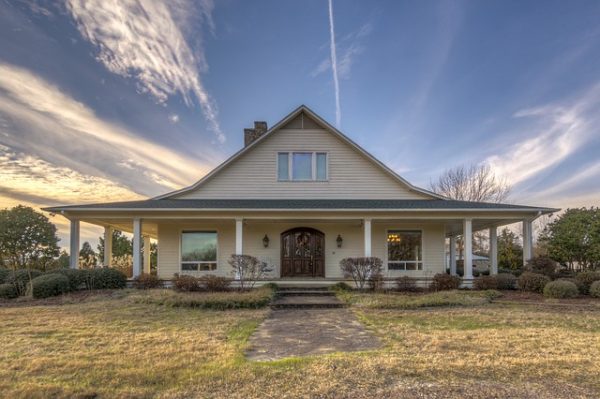
Wouldn’t it be nice if we could all just purchase a home in cash and not have to worry about making mortgage payments for decades to come? Unless you’re in the top 1% of earners, there’s a good chance that you will have to settle with getting a mortgage on your new home.
Mortgages are an important step to purchasing a house for the majority of people, and many times people don’t know a lot about mortgages when they decide to hire a mortgage broker.
There are some factors that are critical to consider when setting expectations on the mortgage rate you are going to get, or whether you’ll get a loan at all.
What is your realistic budget for a home?
When deciding to get a mortgage on a home you should be certain that the property falls within your safe price range.
If you decide to buy a house that is too expensive for your lifestyle and income then you are going to have a difficult time paying off the mortgage for it and your rate will be unfavourable.
An experienced and caring mortgage broker will ensure that your income is relative to the mortgage payments you’ll need to make.
You should use a mortgage calculator to find out a rough estimate of what you can afford before calling a mortgage broker.
There is no point in purchasing a home out of your price range if you are going to be stressed out making monthly payments on it. You should understand your debt to income ratio and how it affects your mortgage rate.
Mortgages for the self-employed are a little bit different, since many self-employed people don’t make a steady income. Some months are more profitable than others so it may cause worry for lenders. In this case, make sure your lender knows exactly how much cash flow is coming in (even cash you haven’t declared) and how much your expenses are each year.
Also, do not forget to file your taxes on time every year, since this is especially important for the self-employed getting their mortgage application approved.
How good is your credit?
Your credit score is the most important indicator for lenders to determine whether they should give you a loan or not. A low credit score indicates that you have not been successful in paying off loans in the past and that you can’t be trusted for a big loan. A high credit score means you are very good about payments, paying back loans almost always on time and in full.
The most popular credit score – the FICO credit score – is calculated by a few different components and ranges from 300 to 850. Payment history and your amounts owing make up 65% of your score, with length of credit, number of loans applied for in the past, and type of credit making up the other 35%.
66% of americans have a score of 670 to 739, which is rated as ‘good’. Any score from 800-850 is considered ‘exceptional’, and anything under 579 is considered ‘very poor’.
If your credit score seems unusually low it may be due to an error. In this case you should have a lender look it over and make sure the information is correct. You could be missing out on great loan opportunity because of a mistake in your credit report.
Do you have enough money for a down payment on your home?
Typically, down payments are an important part to getting a mortgage because it is the first big step towards paying off a property. However, if you can’t afford to make a large down payment on a home there are still ways to get a mortgage.
An FHA (Federal Housing Administration) Loan can be given to borrowers whose income makes it difficult to afford a large down payment. FHA loans can only be issued by federally qualified lenders and only to people with a credit score of 500 or greater.
Even if you have no credit history you can still get approved for an FHA loan. They will use your payment history of things like utilities and rent to see if you have been reliable and if you qualify. In general, the lower your credit score and the lower the down payment you make, the higher your interest rate will be on a loan.
Don’t worry if you have a bad credit score, it is still possible to get a loan, and you can always repair your credit score over time if you are committed. Just make sure to set a realistic budget on what kind of home you can afford and save up to make a large down payment so that your mortgage rate is as low as possible. The sooner you get your mortgage approved and payed off the better!
Leave a Reply